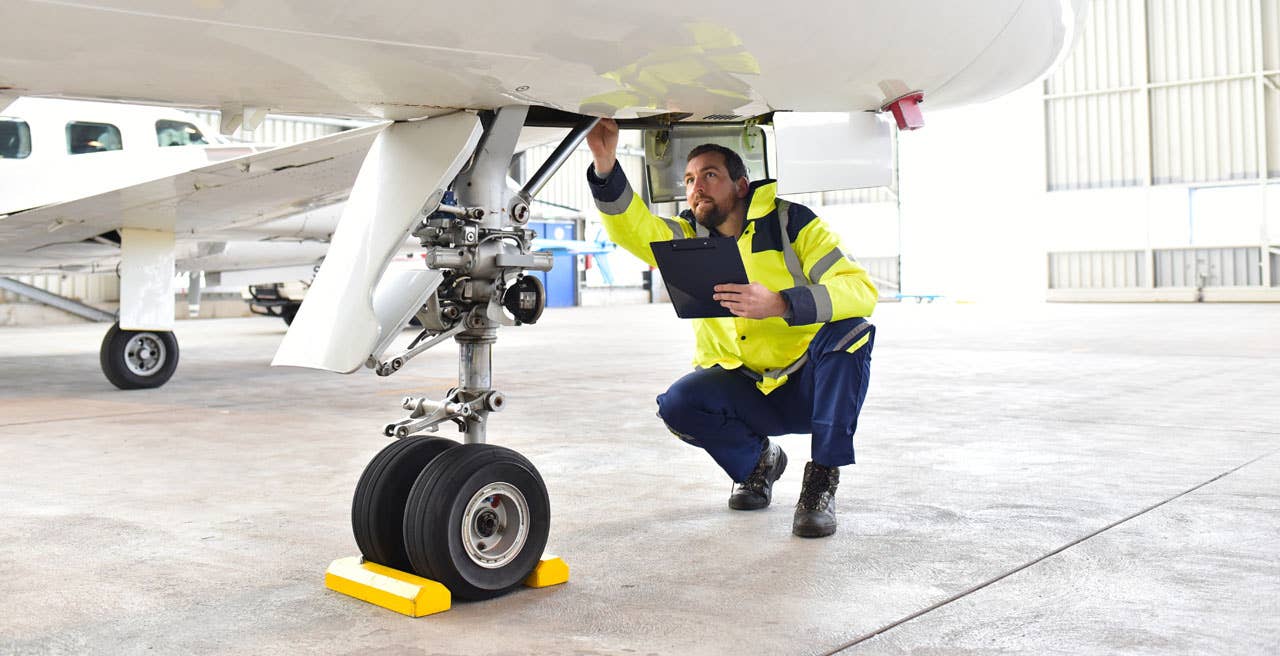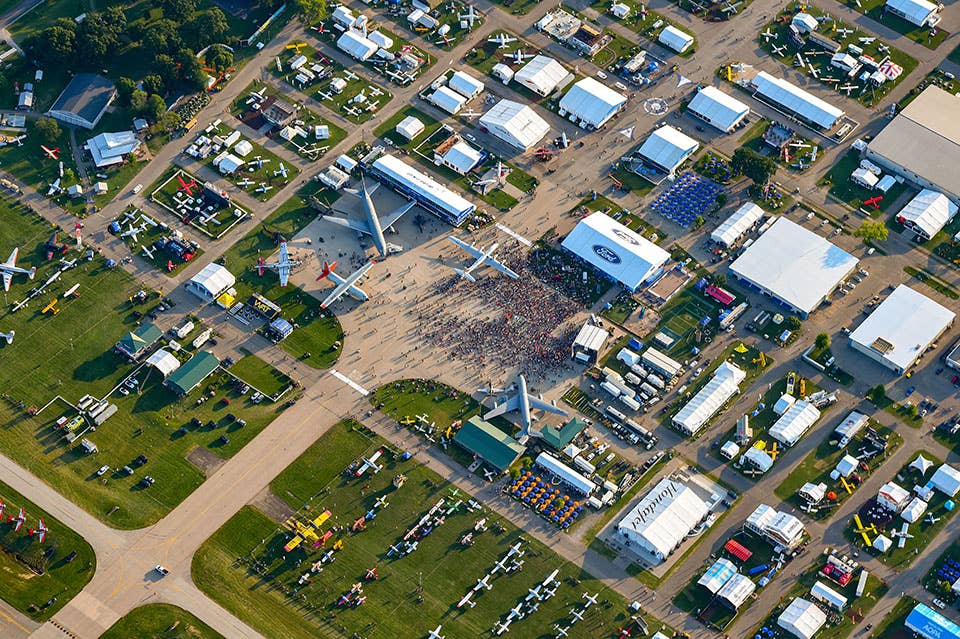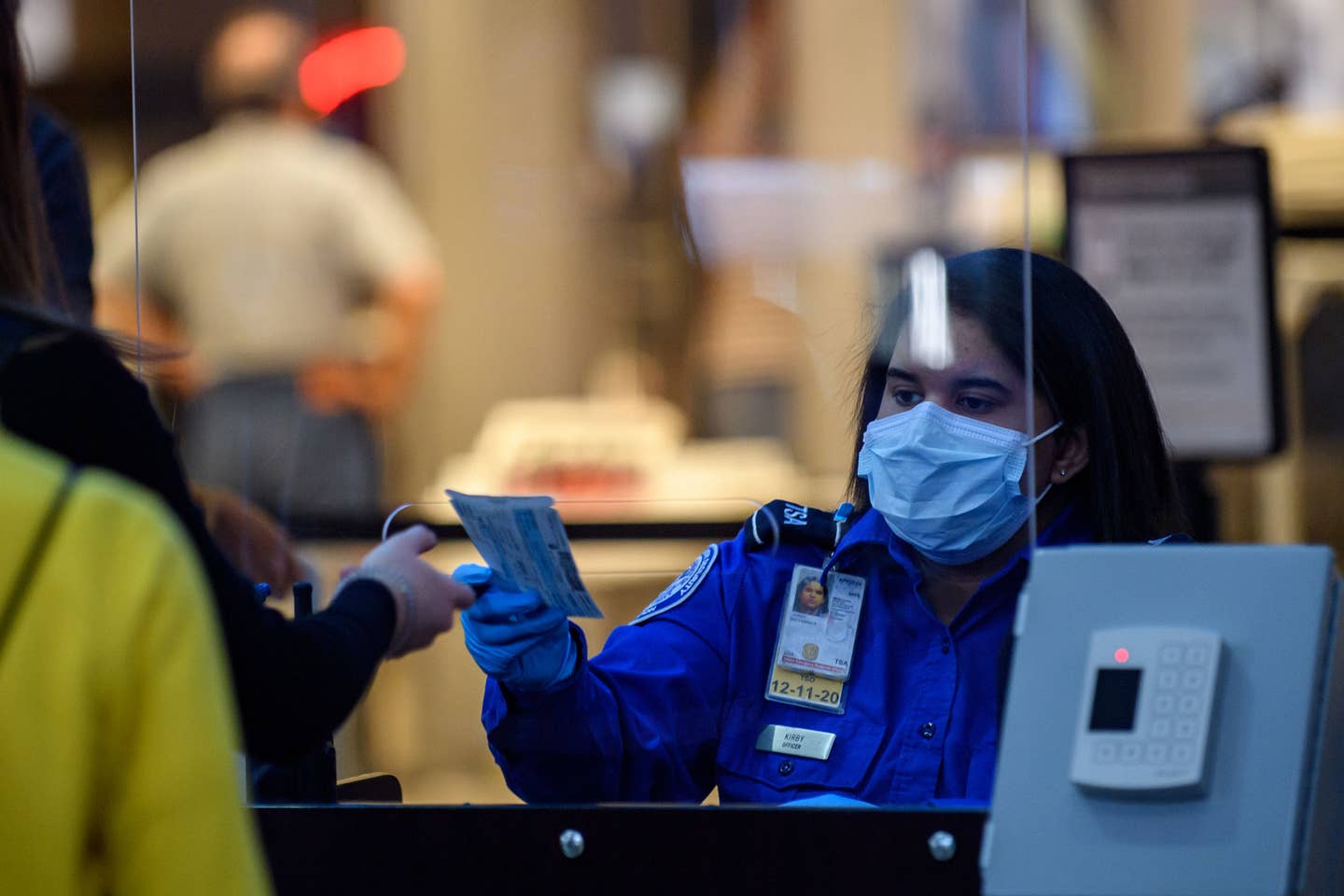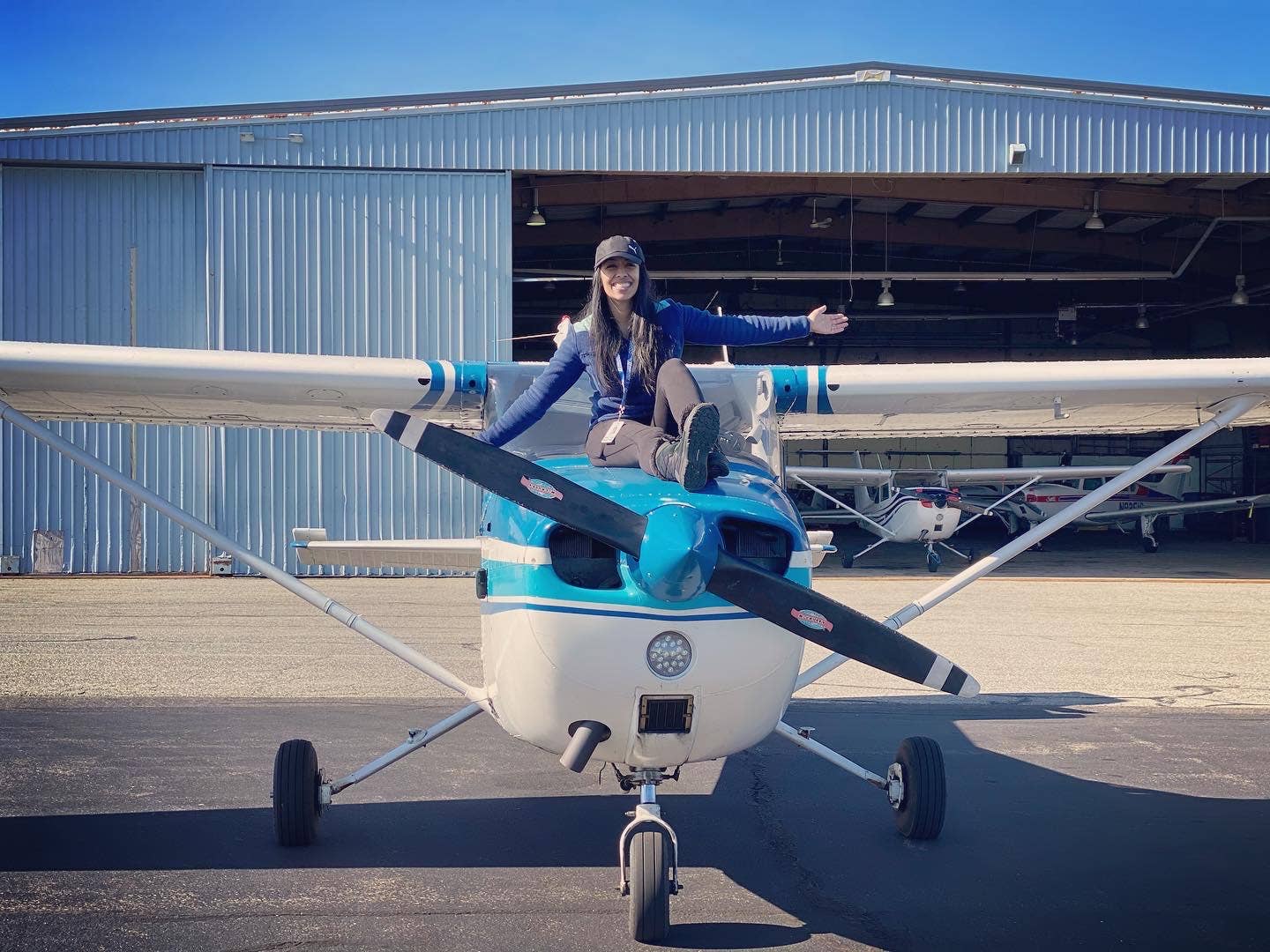Training Available To Handle Cessna Inspections
Cessna is offering a 40-hour training course to help the world’s maintenance facilities handle new inspection requirements that came into effect in April for many of upward of 150,000 of its products. As the company announced and AVweb reported in December of 2011, there are concerns about fatigue and corrosion issues in the fleet of 100-series aircraft, some of which have been in operation for 66 years. “We’ve set up 40-hour training classes in Wichita for mechanics to be trained on the non-destructive inspection techniques, such as ultrasound and eddy current. These techniques will then be used to inspect high-time Cessna single engine airplanes. The intent is to not only teach them what they are looking for, but also how to identify issues that can occur more frequently with older, high-time airframes,” said Tom Ronnau, Cessna’s manager of technical service propeller products.
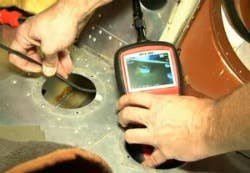
Cessna is offering a 40-hour training course to help the world's maintenance facilities handle new inspection requirements that came into effect in April for many of upward of 150,000 of its products. As the company announced and AVweb reported in December of 2011, there are concerns about fatigue and corrosion issues in the fleet of 100-series aircraft, some of which have been in operation for 66 years. "We've set up 40-hour training classes in Wichita for mechanics to be trained on the non-destructive inspection techniques, such as ultrasound and eddy current. These techniques will then be used to inspect high-time Cessna single engine airplanes. The intent is to not only teach them what they are looking for, but also how to identify issues that can occur more frequently with older, high-time airframes," said Tom Ronnau, Cessna's manager of technical service propeller products.
Cessna says it's being proactive with the program to make sure that issues that might have remained hidden in ancient-to-middle-age airframes are revealed and dealt with. "Corrosion and fatigue are inevitable on any make and model of airframe with a high amount of hours. However, with early detection and proper maintenance, severity and effects can be minimized," said Beth Gamble, Cessna's principal airframe structure engineer. "The 100-series inspection requirements are very simple, and begin with a visual inspection that can be done quickly by a trained inspector during an annual inspection."


